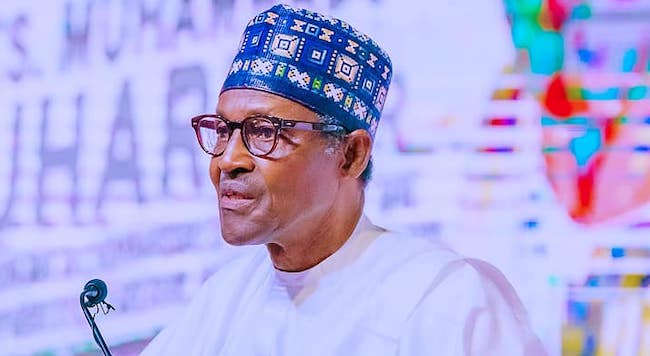Business
Buhari’s policy flip flop impacts oil industry negatively, major oil marketers say in open letter

The Major Oil Marketers Association of Nigeria (MOMAN) said the abrupt reversal of the Petroleum Industry Act affected the oil and gas industry negatively.
In a long article dated January 19, 2023, titled; ‘The Economic Impact of Removing Fuel Subsidies in Nigeria.’, the major oil marketers said President Muhammadu Buhari signed the PIB 2021 into law in August 2021, only to suspend its implementation in March 2022.
What you need to know
Ripples Nigeria had reported that PIA would have led to the deregulation of the oil and gas industry, loosening government’s control on importation of Premium Motor Spirit (PMS) and the pump price at retailers’ outlet.
However, President Buhari suspended the implementation until June 2023, a month after his administration would have left the Aso Rock.
The suspension meant that the government would continue to be the sole importer of PMS, also known as fuel, set price at the filling station, and also subsidise petrol to in order equal price across all retailers.
Although, since 2022, the pump price has varied across different filling stations of MOMAN and Independent oil marketers, falling between N200 and N250 per litre. This has raised suspicion that the government could have quietly deregulated and removed subsidy without informing the public.
What MOMAN said about deregulation, fuel subsidy
In the article by MOMAN, the group said Nigeria has a long history of subsidizing the cost of fuel even though removal could increase government spending on key sectors of the economy and increase efficiency in the petroleum downstream industry, such as competitive pricing and quality of products.
MOMAN admitted that it could also lead to increased prices for consumers, but said “One thing is clear, fuel subsidy is draining Nigeria and is no longer sustainable.”
“One of the main arguments for removing fuel subsidies in Nigeria is that it would free up a significant amount of government spending. The government currently spends a large portion of its budget on fuel subsidies, which could be redirected towards other areas such as education, health, transportation and infrastructure.
Read also:Buhari makes new appointments to manage N30 trillion-worth MOFI
“This is particularly relevant in Nigeria, where government spending on key sectors is often inadequate. By redirecting funds from fuel subsidies to these other areas, the government could potentially improve the overall well-being of the population.
“Another potential benefit of removing fuel subsidies is that it could lead to increased efficiency in the petroleum downstream sector of the oil and gas industry in Nigeria. With subsidies in place, companies are not required to compete on a level playing field.
“This can lead to inefficiency and a lack of investment in the sector. By removing subsidies, companies would be forced to compete on price and quality, which could ultimately lead to improved efficiency and better services for the Nigerian consumers.
“One of the main concerns is that the removal of subsidies could lead to increased prices for consumers. Without subsidies, fuel prices would likely increase and be unaffordable to many Nigerians. The government needs to put palliatives in place to serve as shock absorbers for Nigerians when fuel prices go up,” the major oil marketers said.
Join the conversation
Support Ripples Nigeria, hold up solutions journalism
Balanced, fearless journalism driven by data comes at huge financial costs.
As a media platform, we hold leadership accountable and will not trade the right to press freedom and free speech for a piece of cake.
If you like what we do, and are ready to uphold solutions journalism, kindly donate to the Ripples Nigeria cause.
Your support would help to ensure that citizens and institutions continue to have free access to credible and reliable information for societal development.






















